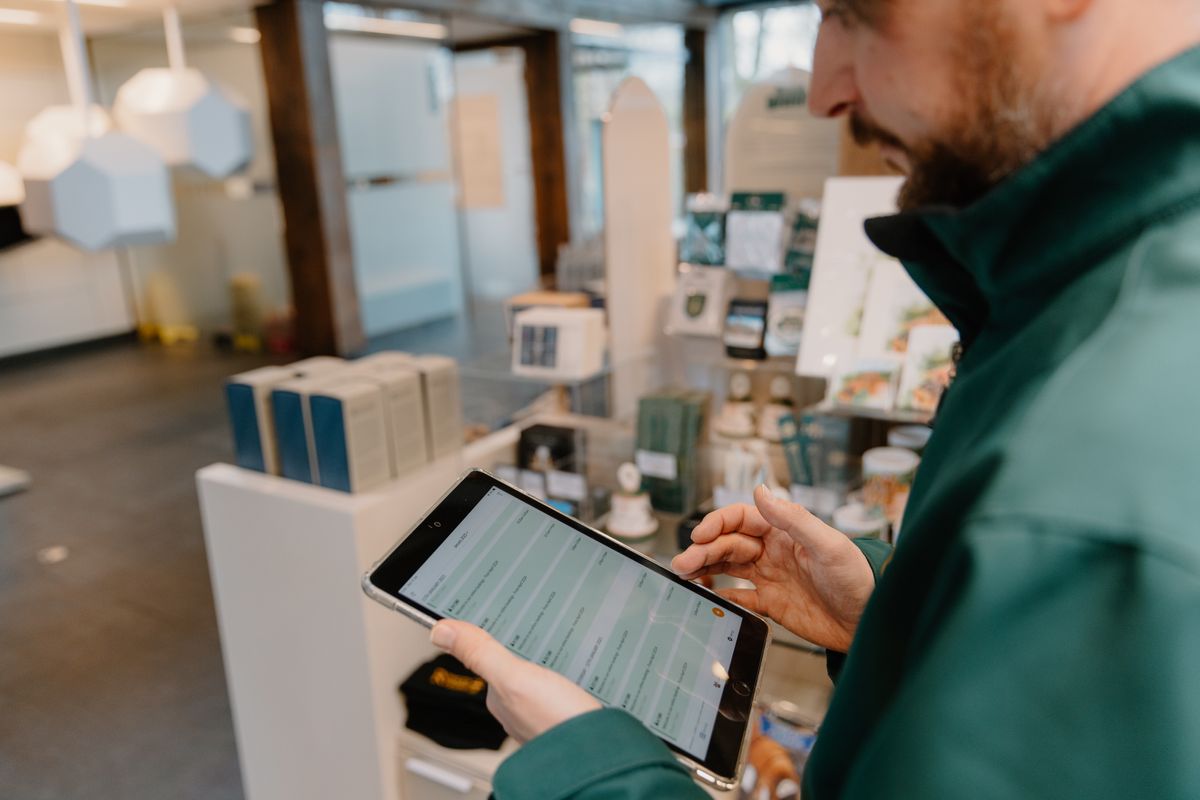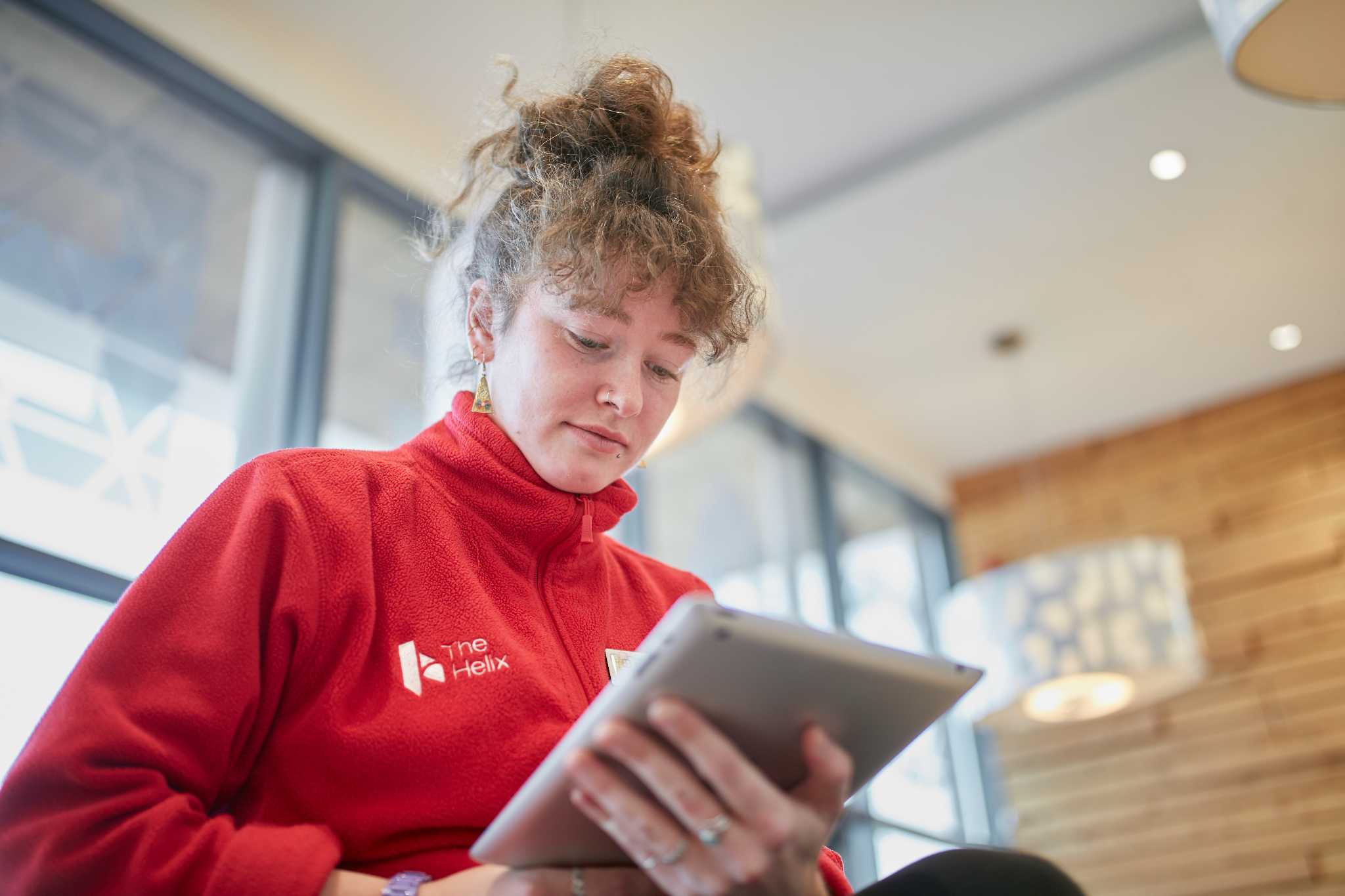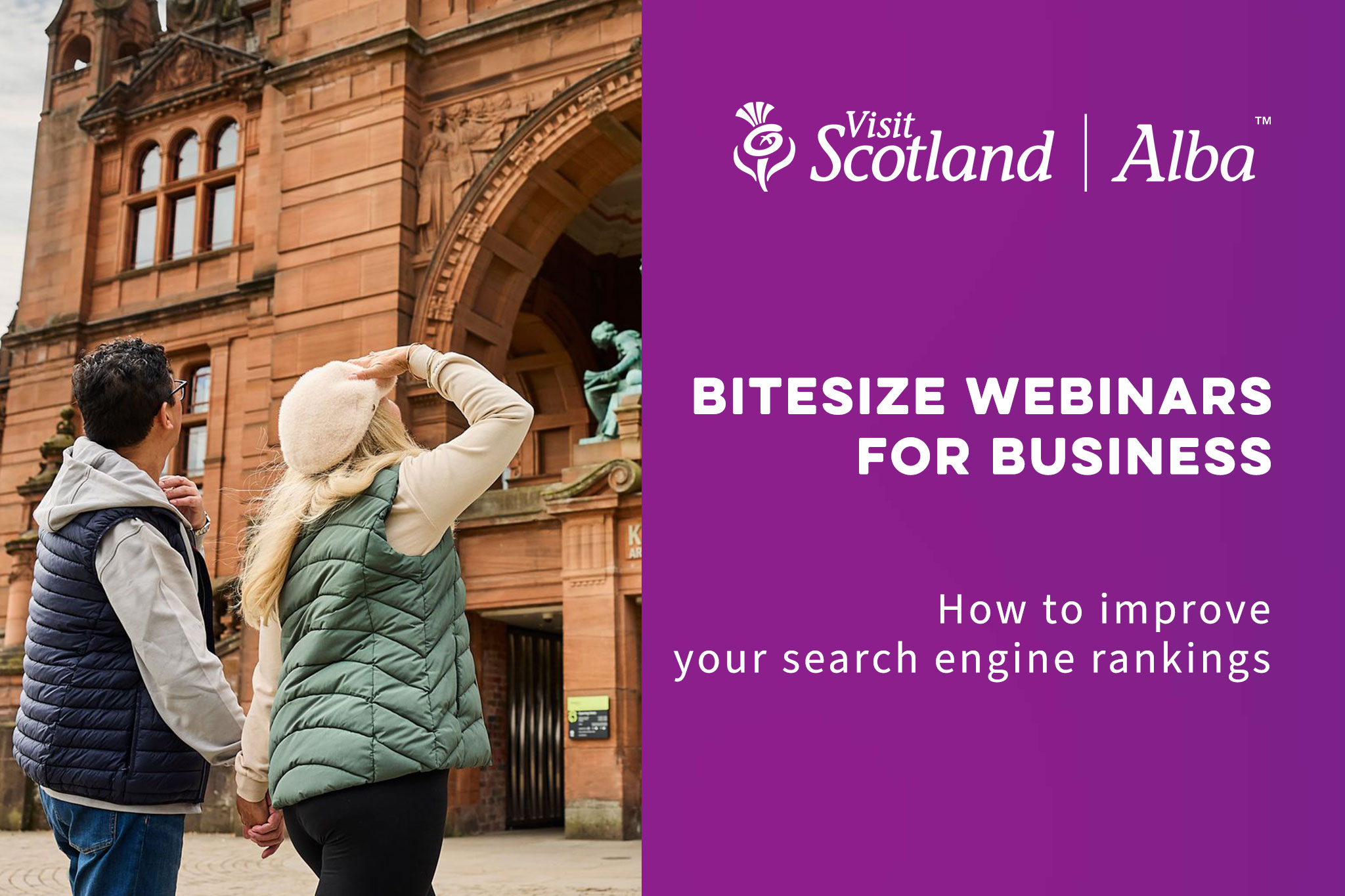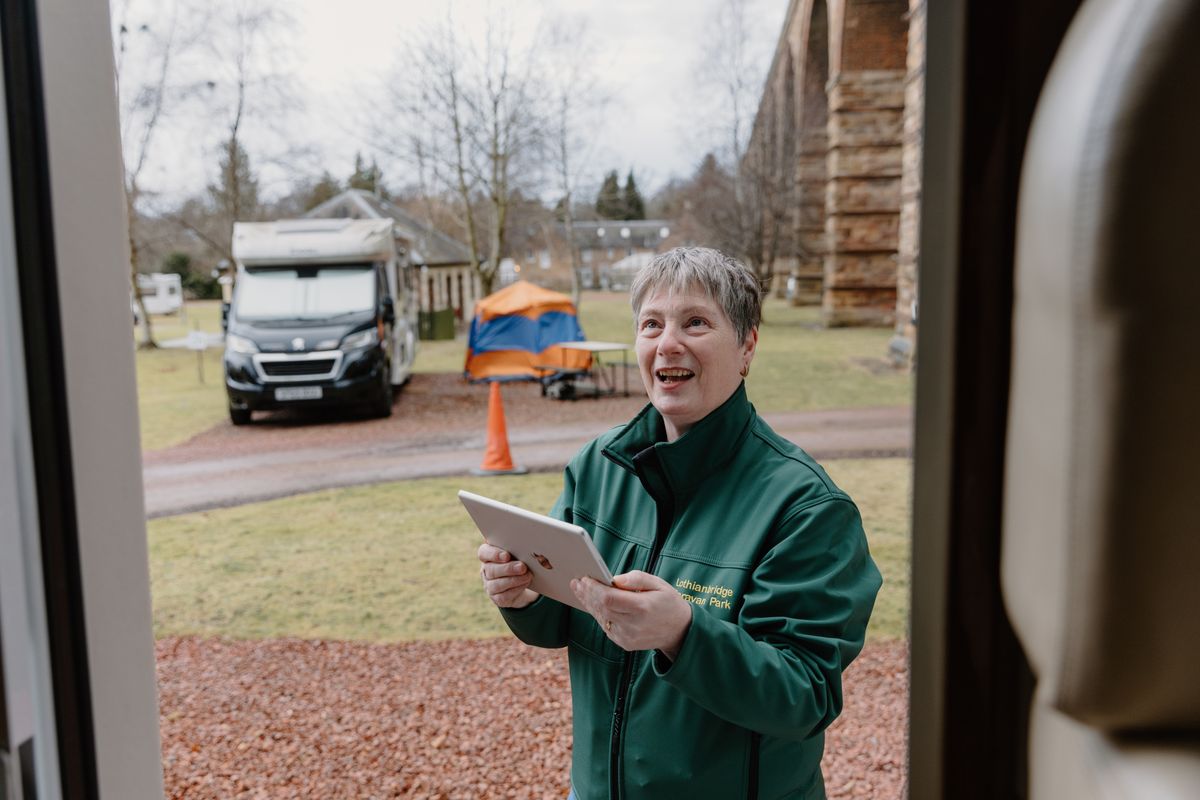Why is SEO so important?
Search engine optimisation (SEO) ensures your business is visible when potential customers search on Google or other search engines.
It’s key to bringing more traffic, customers, and revenue to your business. If you do SEO properly, you could increase the number and quality of visitors to your website from search engine results pages.
How has SEO changed?
In the early days of SEO, the primary tactic was to include as many ‘exact match keywords’ into your content as possible. Nowadays search engines are much more advanced, understanding the context behind a visitor's search query and tailoring rankings based on how users interact with the results. This has made SEO much more about the holistic picture, beyond just keywords and covering both the content and technical elements of a website.
Despite this, keywords still underpin much of on-page SEO, and are still a very valuable dataset to consider when creating content.
What are keywords?
Keywords are what someone types into a search engine. You want to learn what customers are searching for, and deliver content and products that match those topics.
From a user perspective, seeing the same keywords on a page of content shows them they are in the right place.




